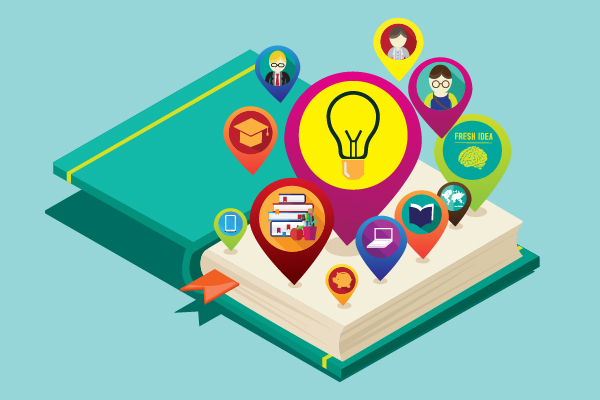Open Educational Resources
Grad students contribute to the development of future researchers through their publications, presentations, and (sometimes) specific teaching responsibilities. While we won't be covering tips for how to teach in this workshop, it is useful for us to cover how researchers can shape the experience other students through the creation of open educational resources.

What are Open Educational Resources?
"Open Educational Resources (OER) are teaching, learning, and research resources released under an open license that permits their free use and repurposing by others. OER can be full courses, course materials, lesson plans, open textbooks, learning objects, videos, games, tests, software, or any other tool, material, or technique that supports access to knowledge." - SPARC (Scholarly Publishing and Academic Resources Coalition) Links to an external site.
The power of open educational resources comes from a set of permissions known as the "5 Rs of OER", which allows you to:
-
- Retain - the right to make, own, and control copies of the content (e.g., download, duplicate, store, and manage)
- Reuse - the right to use the content in a wide range of ways (e.g., in a class, in a study group, on a website, in a video)
- Revise - the right to adapt, adjust, modify, or alter the content itself (e.g., translate the content into another language)
- Remix - the right to combine the original or revised content with other open content to create something new (e.g., incorporate the content into a mashup)
- Redistribute - the right to share copies of the original content, your revisions, or your remixes with others (e.g., give a copy of the content to a friend)
These permissions are usually granted by the copyright holder of a work by licensing it under a Creative Commons Links to an external site. license.
Why it matters
- Because influencing the next generation of students in your field is one of the ways you and your research can be impactful today.
- As discussed in earlier modules, researchers, scholars, and educators around the world are working to advance the Open Agenda (Open Access, Open Data, and Open Education).
- By actively engaging and working Open, you will join a community that aims to facilitate more equitable access to tools, resources, and learning , with the goal of expanding educational opportunities free of legal, financial, and technical barriers for all.
For more information, visit the Open Educational Resources and Open Textbooks Guide.